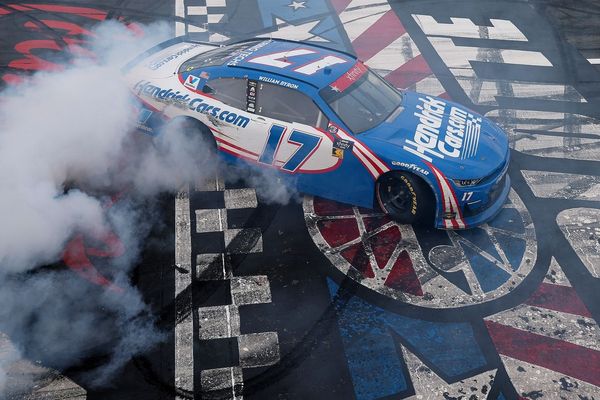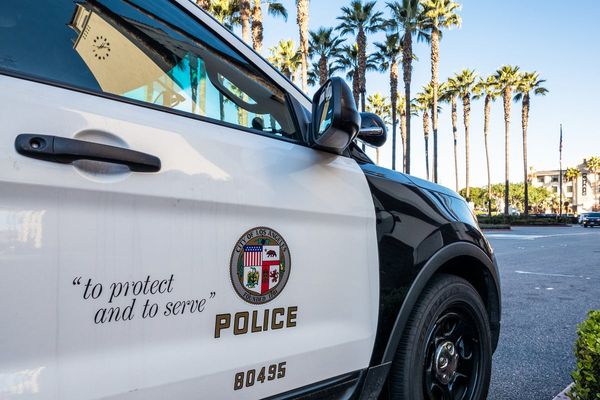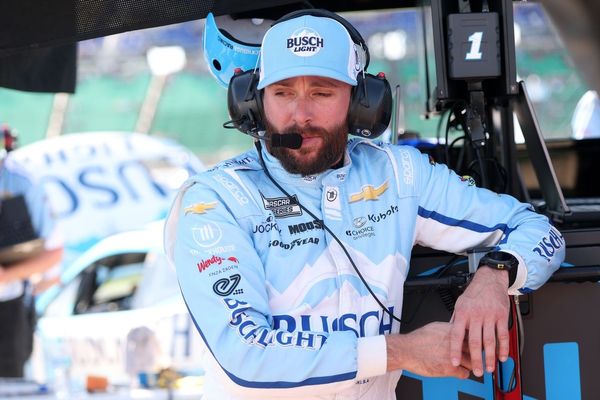
The fictional village of Moybeg in Northern Ireland is the setting for Barry “Ballykissangel” Devlin’s My Mother and Other Strangers (BBC1, Sunday). It’s a simple, quiet, rural existence … until the outbreak of the second world war, when the Americans build an air base, Station 328, here.
Suddenly Moybeg isn’t so simple or so quiet. For starters, there are the massive Flying Fortress bombers coming in to land below the level of the church spire. But noise pollution is not the main problem – airmen are: 4,000 randy young Yanks with their chewing gum, their Jeeps and their Lucky Strikes. They’re hoping to strike it lucky with the local lasses to take their minds off the fact that their next flying mission may well be their last. Unsurprisingly, the local menfolk aren’t happy. This clash lies at the heart of My Mother and Other Strangers.
To be fair, it’s not such a difficult choice for Emma Coyne, the village beauty. Barney Quinn, clumsy ceilidh clodhopper with a head full of rotten teeth; or dashing Lt Barnhill, with a good set of teeth and a nice way with words? Not only does the lieutenant drive an aeroplane but he’s got a Jeep – in which he whisks Emma off to town to the pictures. Emma’s dad Michael (Owen McDonnell), the landlord at the Moybeg pub, is not happy about this, not at all.
But this teenage flirtation is a distraction from the broader story and the real threat to Michael: his wife’s interest in one of Lt Barnhill’s superiors. She – Rose Coyne (Hattie Morahan), the star of the show – is also an outsider in Moybeg: English, a bit posh, appreciates the view over Lough Neagh, and Tennyson, and is unfulfilled. She bumps into the base’s new liaison officer, Capt Dreyfus, out walking. Turns out he also likes (and can quote) Tennyson. He is thoughtful and handsome, and played by Aaron Staton, Ken Cosgrove from Mad Men. If Mad Men had been around in 1943, I’m sure Rose would have liked that, too: it’s the Tennyson of television.
Anyway, I know where this is heading even if poor Michael doesn’t: there’s trouble ahead, further liaisons with the liaison officer. Oh, and it’s narrated – nostalgically, from somewhere in the future – by another member of the Coyne family, Francis, the son. It’s his mother and other strangers (to Moybeg) we are talking about.
My Mother and Other Strangers isn’t very surprising, or original. The location might be refreshing (and beautiful: I want to go) but the story of US military chaps upsetting a local community is a well-told one. This is wistful, romantic, Sunday-night costume drama that doesn’t quite fill the void left by Poldark. That was the Atlantic: big waves of passion that overpowered and tossed you about. This is an inland lough, whose waters lap gently and familiarly.

Bigger waves of all kinds in Aussie crime drama Deep Water (BBC4, Saturday). The battered body of a young gay man from an immigrant family is found in his Bondi beachfront apartment. Detective Tori Lustigman (Yael Stone) – recently returned to her childhood Sydney after time, and a broken relationship, in the sticks – is on the case. The killer appears to be targeting men he finds on Thrustr, which is not unlike a real-life gay hookup app. Tori also makes links to dozens of (real-life) gay-hate murders in the 80s and 90s, and the death of her own brother. But why are her superiors being less than cooperative?
Yeah, OK, so the metaphorical police cordons that go up, with suspicions of collusion and corruption, are familiar. As is the coincidental personal connection to the case. But Deep Water’s base in historical crimes gives it extra poignancy. Plus, it explores interesting aspects of Australia and Australianness – not just the usual white, sexist, homophobic, lager-swilling stereotype, but a more complex, diverse, real place.







